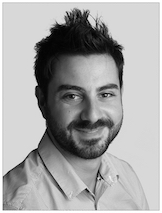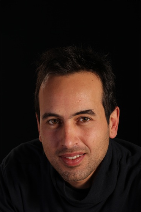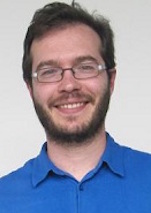Organisers

Angelo
Cafaro
CNRS-ISIR
Pierre and Marie Curie University
France
angelo (dot) cafaro (at) isir (dot) upmc (dot) fr
www.angelocafaro.info

Eduardo Coutinho
Imperial College London
University of Liverpool
United Kingdom
e (dot) coutinho (at) imperial (dot) ac (dot) uk
www.eadward.org

Blaise
Portard
Cereproc LTD
United Kingdom
blaise (at) cereproc (dot) com
Program Committee
- Catherine Pelachaud (CNRS, France)
- Dirk Heylen (University of Twente, Netherlands)
- Elisabeth André (University of Augsburg, Germany)
- Gregor Mehlmann (University of Augsburg, Germany)
- Florian Pecune (CMU, USA)
- Matthieu Chollet (USC-ICT, USA)
- Hannes H. Vilhjálmsson (Reykjavik University, Iceland)
- Merijn Bruijnes (University of Twente, The Netherlands)
- Jelte van Waterschoot (University of Twente, Netherlands)
- Brian Ravenet (Telecom ParisTech, France)
- Britta Wrede (Bielefeld University, Germany)
- Christian Becker-Asano (Bosch R&D, Germany)
- Candy Sidner (Worcester Polytechnic Institute, USA)
